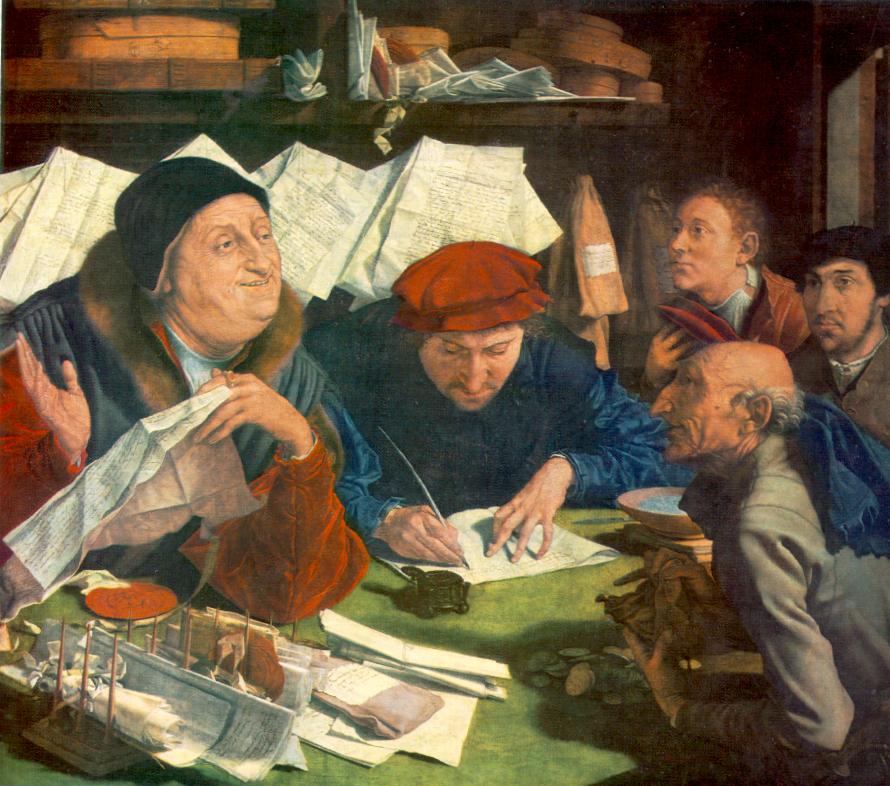. . . Man, consider first what it is
you are undertaking; then look at your own powers and see if you can bear it.
Do you want to compete in the
pentathlon or in wrestling? Look to your arms, your thighs, see what your loins
are like. For different men are born for different tasks. Do you suppose that
if you do this you can live as you do now—eat and drink as you do now, indulge
desire and discontent just as before?
No, you must sit up late, work hard,
abandon your own people, be looked down on by a mere slave, be ridiculed by
those who meet you, get the worst of it in everything—in honor, in office, in
justice, in every possible thing.
This is what you have to consider:
whether you are willing to pay this price for peace of mind, freedom,
tranquility. If not, do not come near; do not be, like the children, first a
philosopher, then a tax collector, then an orator, then one of Caesar's
procurators.
These callings do not agree. You must
be one man, good or bad; you must develop either your Governing Principle, or
your outward endowments; you must study either your inner man, or outward
things—in a word, you must choose between the position of a philosopher and
that of a mere outsider.
—Epictetus,
The Handbook, Chapter 29 (tr
Matheson)
A good
life will require action and effort. It only remains for us to decide what we
consider good, and whether we think it worth the effort.
I have
seen many of those philosophy majors over the years making their way in worldly
success. As much as they might like to say so in their bios and resumes, there
is absolutely no way that was the reason they made their way in the world.
Do not
tell me you learned critical thinking to make yourself important. Do not tell
me you learned to open your mind to make a financial profit. These things are
in contradiction.
Study
the inner man, or sell yourself to the things outside of you. There is
absolutely no in-between.
“But I
am rich, and also a good person.”
Perhaps
you are, but your wealth and power will never make you a good person. It’s
entirely an accident.
“But I
am rich, and I help the community.”
Perhaps
you do, but your wealth and power have nothing to do with the measure of your
character.
“But I
am rich, and if you’d only worked as hard as me, you’d be the same.”
Now
there’s the rub. This is what they really mean. They already know what they want,
and they already have their reward. Most of them earned their status on the
coattails of others, but that is neither here nor there. The life they love is one of show. We all acquire the wealth we work for, but all that
matters is what we think makes us truly rich, whether in body or in soul.
Consider
what it means to have a life worth living. Will it be the trumpets and parades
that come with fame and fortune? Or will it simply be the tranquility from just
having acted with wisdom, temperance, fortitude, and justice?
You will
have forgive the foul tongue of an Irish philosopher, but I can’t be
half-assed about the truth. My actions will tell me exactly what I really care
about, and there are no half measures, only full measures.
As soon
as I think it fine to love truth but practice lies, I am no longer prudent.
As soon
as I think it fine to praise modesty but practice lust, I am no longer
temperate.
As soon
as I think it fine to send others into the struggle, but hide behind my own position
and ideology, I am no longer brave.
As soon
as I think it fine to speak of fairness, but I screw my friends and neighbors,
I am no longer just.
I must
be one man, not two. I must either be a philosopher, in the true sense, or a
man ruled by what is outside of me.
I cannot
both be a philosopher and a tax collector.
Image: Marinus van Reymerswaele, The Tax Collector (1542)


No comments:
Post a Comment